16 February 2025
When was the last time you played an adventure game and found yourself humming a tune long after you exited the game? That’s the magic of soundtracks. Let’s face it, adventure games wouldn’t be the same without their carefully crafted soundscapes and stirring melodies. Soundtracks don’t just fill in the silence — they elevate the entire gaming experience. But why are they so important? Why do those lush orchestrations or eerie ambient sounds cling to our memories like burrs on a sock? Let’s dive deep and unravel their significance.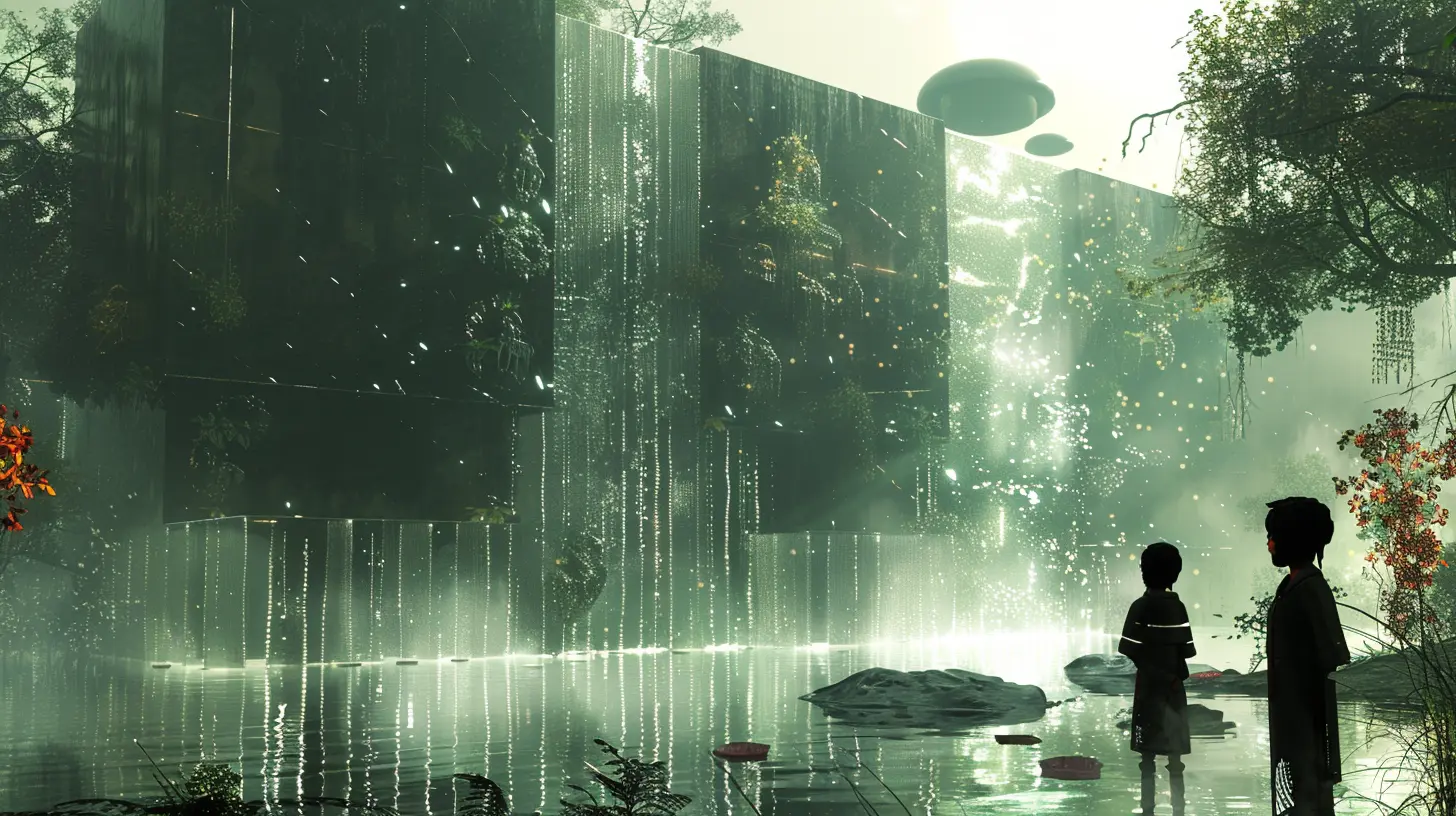
Setting the Scene: Soundtracks as Emotional Anchors
Imagine playing an adventure game where you’re exploring a dense, foggy forest. Now, take away the music. What’s left? Just a silent, slightly awkward stroll through a digital landscape. But add a brooding, suspenseful melody, and suddenly, the forest feels alive. Tension builds. Your heart races. You’re on edge, anticipating something lurking in the shadows.Soundtracks are emotional anchors. They guide us on how to feel during specific moments in a game. Are we supposed to be scared? Excited? Nostalgic? The music tells us. Adventure games are beautifully complex, and their storytelling depends on the player being emotionally invested. Without the soundtrack, many of those emotional beats would fall flat.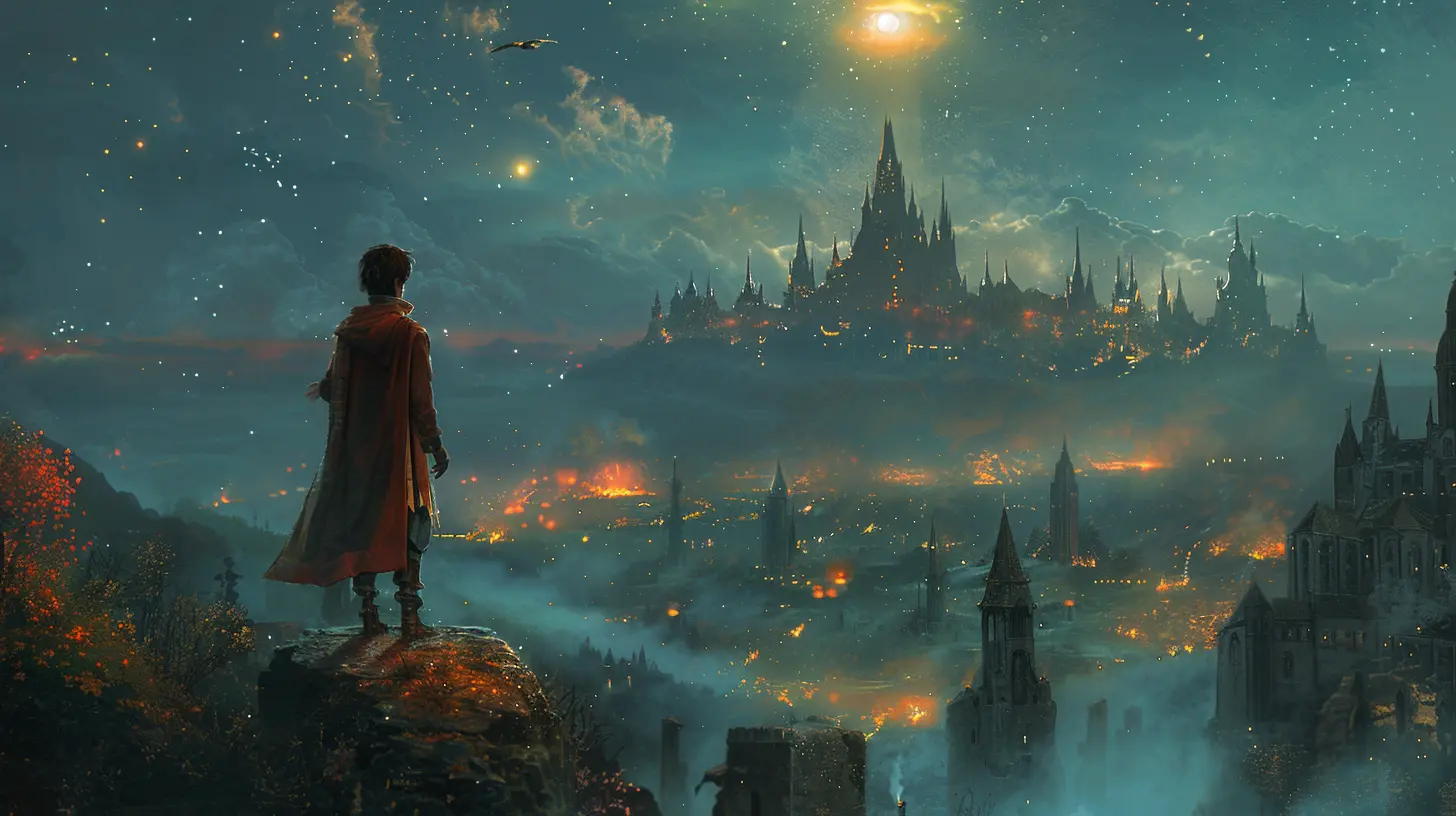
Immersion: Making the World Feel Real
Ever been so absorbed in a game that you forgot the real world existed? That’s immersion, and soundtracks play a huge role in making that happen. A well-crafted soundtrack doesn’t just accompany gameplay; it becomes part of the world itself.In adventure games, the music adapts to the environment. When you’re running through sunlit meadows, you might hear cheerful violins and flutes in the background. But enter a dark, crumbling dungeon, and those light, airy tunes are replaced by deep, foreboding tones. It’s like the music is a living, breathing part of the game’s world — always shifting and responding to what’s happening.
And let’s not forget about diegetic sounds — music that comes from within the game world itself. Think of a bard strumming a lute in a medieval town or a haunted music box playing in a cursed mansion. These soundtracks anchor us deeper into the game, blurring the line between player and protagonist. 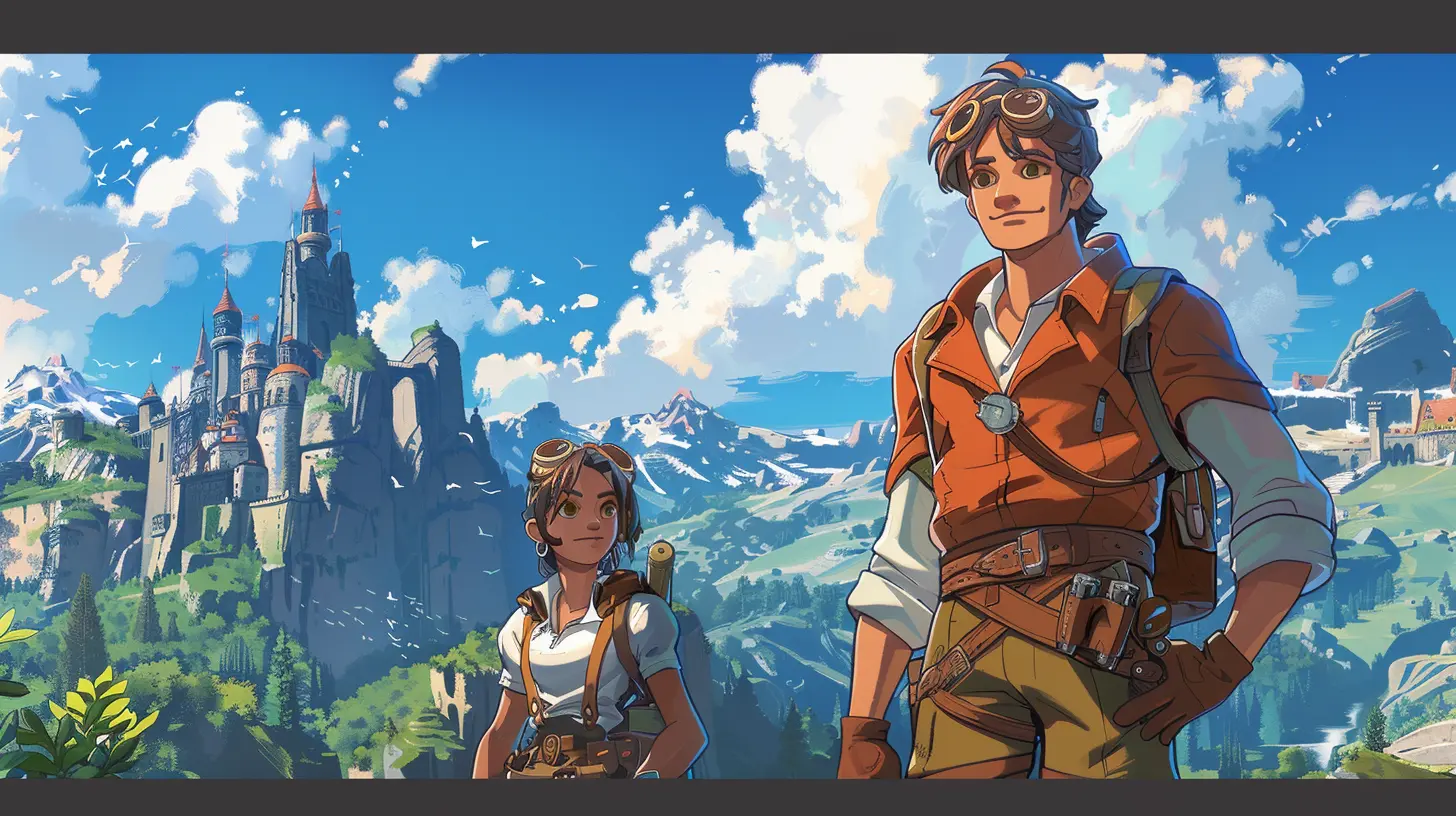
Boosting Storytelling: When Music Speaks Louder Than Dialogue
Adventure games thrive on storytelling, and soundtracks are their secret weapon. While the plot is often communicated through dialogue, cutscenes, or text, the music carries the subtext.Take, for example, a climactic moment when the hero faces a heartbreaking decision. The dialogue might convey the stakes, but it’s the music — the gentle piano keys or the slow rise of violins — that truly communicates the weight of the moment. You feel the emotions, even if no one says a word.
Music has this incredible ability to speak directly to our souls. It bypasses logic and taps straight into raw emotion. That’s why it’s such a powerful storytelling tool. Adventure games use soundtracks like an artist uses a paintbrush, coloring their narratives with depth and nuance. 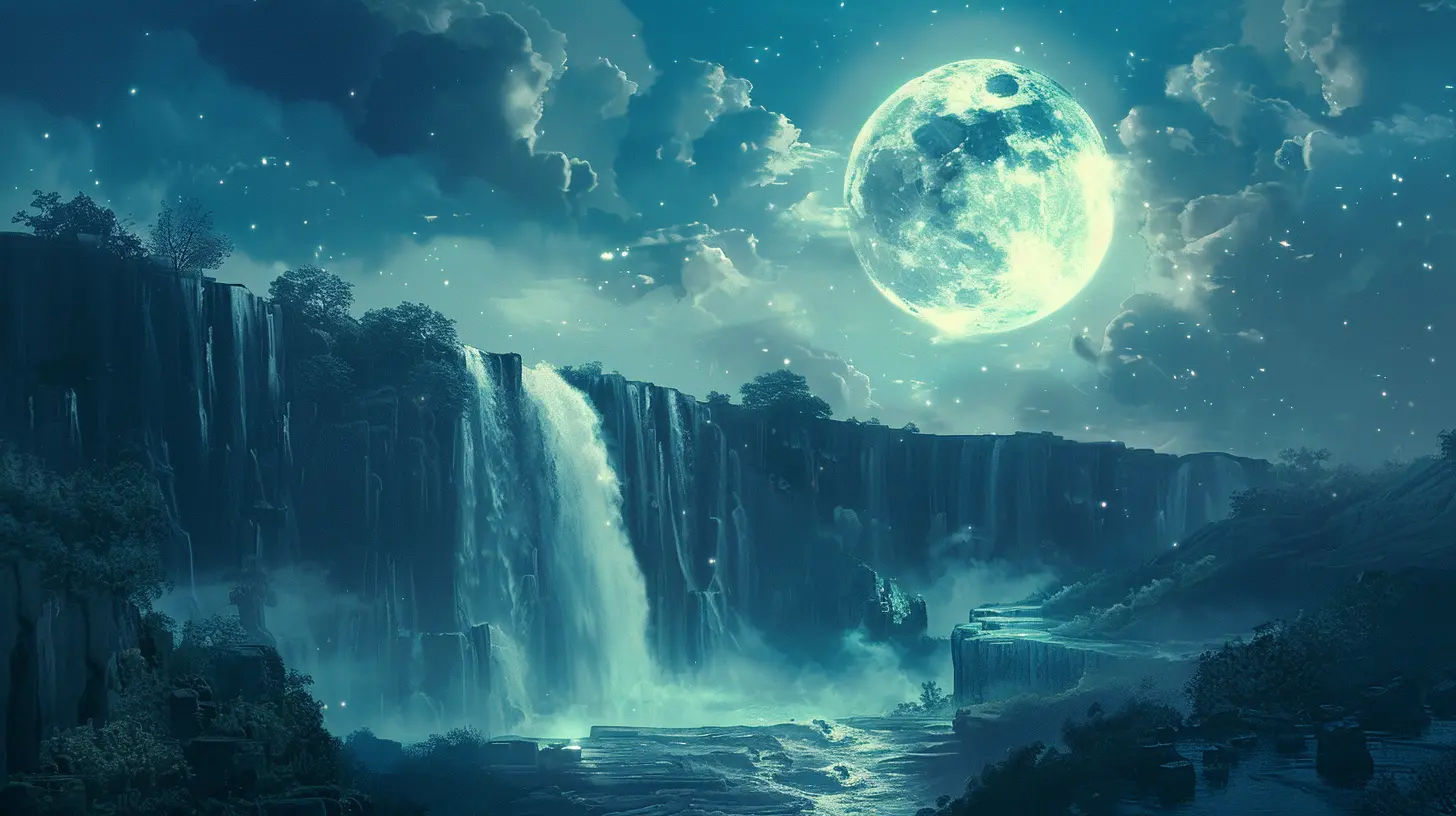
Player Memory: The Tunes That Stick With You
Let’s get real for a second: How many times have you found yourself suddenly humming the theme song from "The Legend of Zelda" or "Skyrim"? Adventure game soundtracks have a sneaky way of embedding themselves in our brains. They’re like earworms that never really leave.Why is this important? Because when you remember the music, you’re also remembering the game. It’s a nostalgia bomb. Years after finishing a game, hearing just a snippet of its soundtrack can transport you back to those magical hours you spent exploring its world.
Game developers know this, and they use it to their advantage. A memorable soundtrack can become the hallmark of an entire franchise. Think of how iconic the "Final Fantasy" prelude music has become. The soundtrack isn’t just part of the game — it becomes a part of gaming culture itself.
Guiding Gameplay: More Than Just Background Noise
Soundtracks in adventure games aren’t just there to sound pretty (although they certainly do that too). They also serve a practical purpose by guiding gameplay.Take stealth-based games, for example. The music might shift from calm to tense to alert you that enemies are nearby. You don’t even need to look at your screen — the soundtrack gives you all the cues you need. Or in a puzzle-solving segment, an uplifting melody might subtly encourage you to keep going, even after multiple failed attempts.
In boss battles or major events, the tempo and intensity of the music often escalate in sync with the action. It’s like having a non-verbal “narrator,” nudging you forward and letting you know you’re on the right track.
The Evolution of Adventure Game Soundtracks
Let’s take a quick stroll down memory lane. In the early days of gaming, soundtracks were limited by technology. Think 8-bit chiptunes and looping midi files. Even with those limitations, composers managed to create some legendary tracks. Just look at "The Legend of Zelda" or "Castlevania."Fast forward to today, and the soundtracks in adventure games are on a whole new level. We’re talking full orchestras, live recordings, and even collaborations with world-renowned musicians. Games like "Ori and the Blind Forest" or "The Witcher 3" have soundtracks so breathtaking, they’re on par with Hollywood movie scores.
With advancements in audio technology, game developers can now experiment with dynamic soundtracks that change based on player actions. For example, in "Red Dead Redemption 2," the music subtly shifts depending on whether you’re calmly riding through the countryside or engaged in a high-stakes gunfight. The result? A soundtrack that feels deeply personal and reactive.
The Unsung Heroes Behind the Music
We can’t talk about soundtracks without giving a shoutout to the composers. These people are the unsung heroes, crafting melodies that perfectly capture the essence of a game.Take Jeremy Soule, for instance. His work on the "Elder Scrolls" series is nothing short of legendary. Or Austin Wintory, whose soundtrack for "Journey" earned a Grammy nomination. These composers pour their hearts and souls into their work, and it shows.
Their job isn’t just about writing pretty tunes — it’s about understanding the game on a deep level. They need to know the story, the characters, the environments, and the emotions the developers want to evoke. It’s a collaborative process that requires equal parts artistry and technical skill.
How Soundtracks Make Adventure Games Timeless
At the end of the day, soundtracks are what make adventure games timeless. Graphics might age, and gameplay mechanics might feel clunky after a few years, but music? Music is eternal.A great adventure game soundtrack transcends its medium. It becomes something you listen to while working, studying, or just relaxing. It becomes a part of your personal playlist, carrying with it all the emotions and memories tied to the game.
And that’s why soundtracks are so important. They’re not just background noise; they’re the heart and soul of the adventure. They transport us, inspire us, and stay with us long after the credits roll.
Conclusion
Soundtracks in adventure games aren’t just optional extras or afterthoughts. They’re vital to the entire experience. From setting the mood to guiding gameplay, enhancing storytelling, and leaving a lasting impression, music is the beating pulse of any great adventure game.So, the next time you boot up an adventure game, take a moment to really listen. Notice how the music shapes your emotions and deepens your connection to the world. Because behind every great adventure is an unforgettable soundtrack.



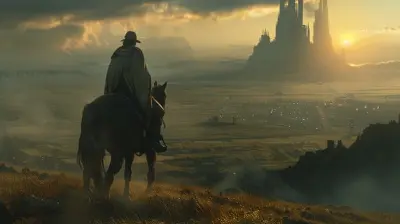


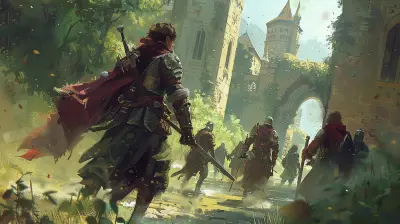

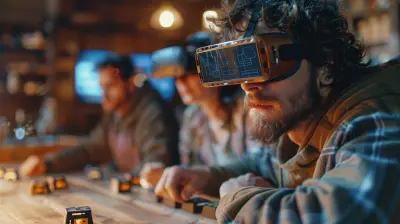
Amalia Benton
Unseen melodies guide heroes through shadowed paths.
April 6, 2025 at 2:56 PM